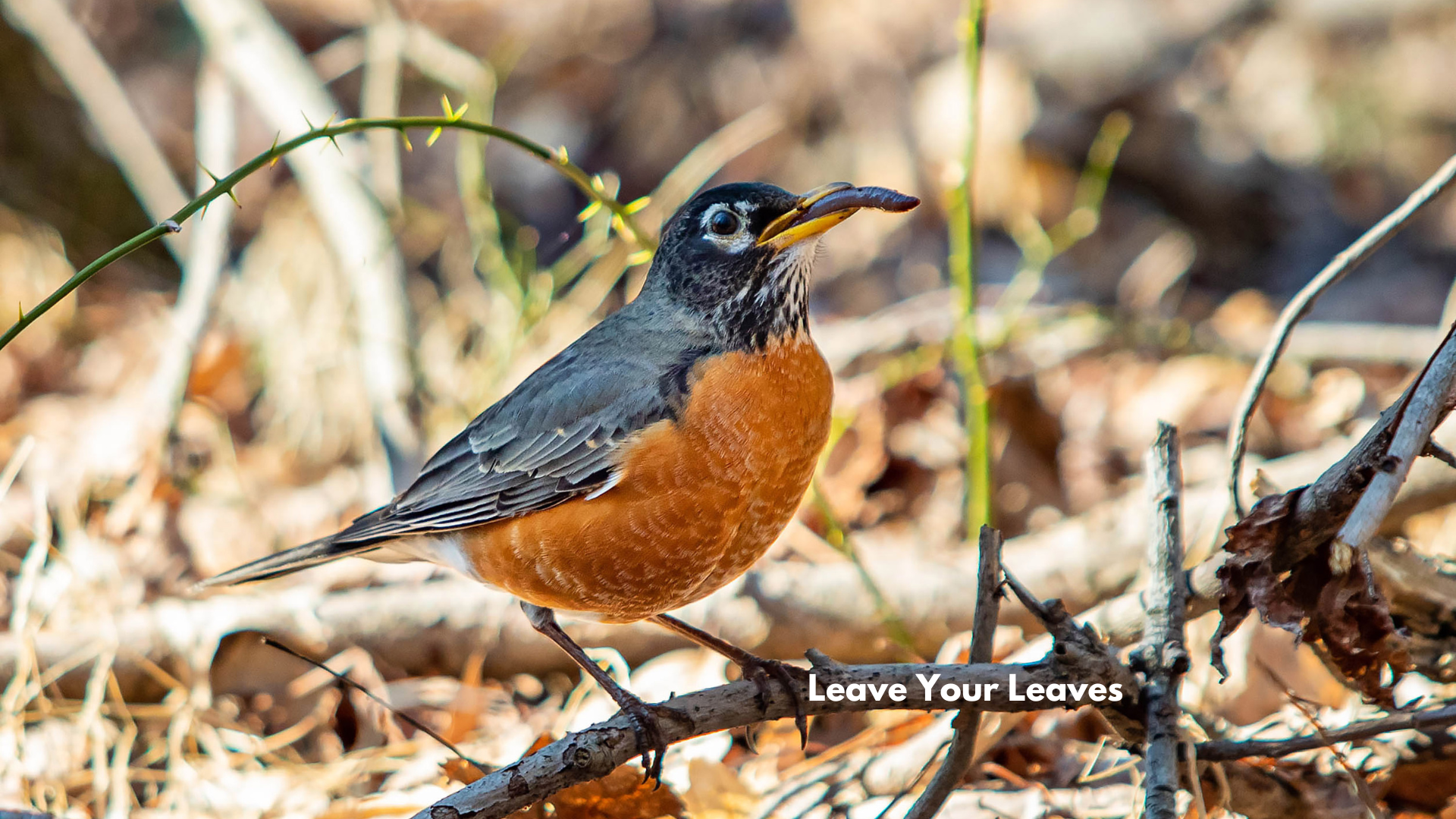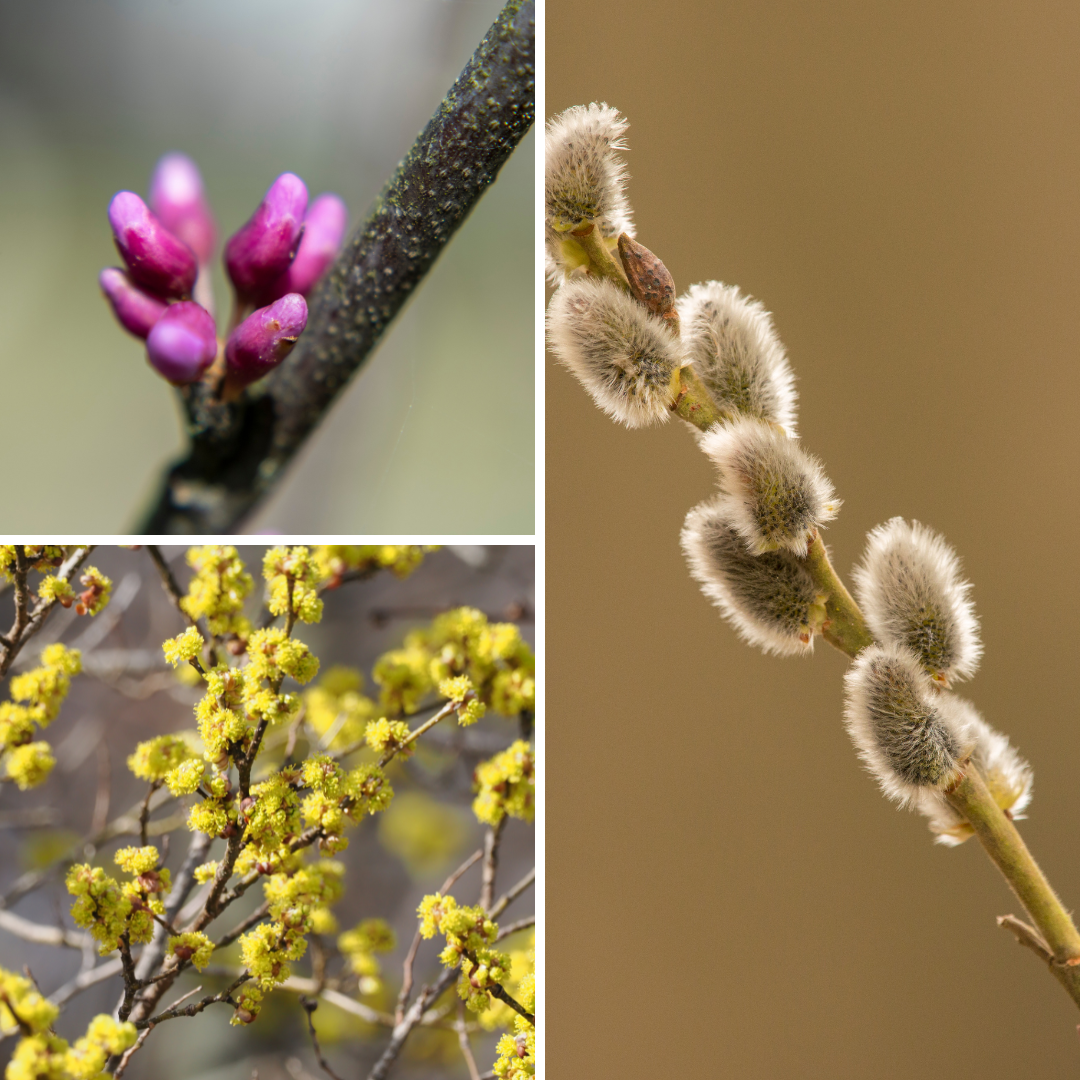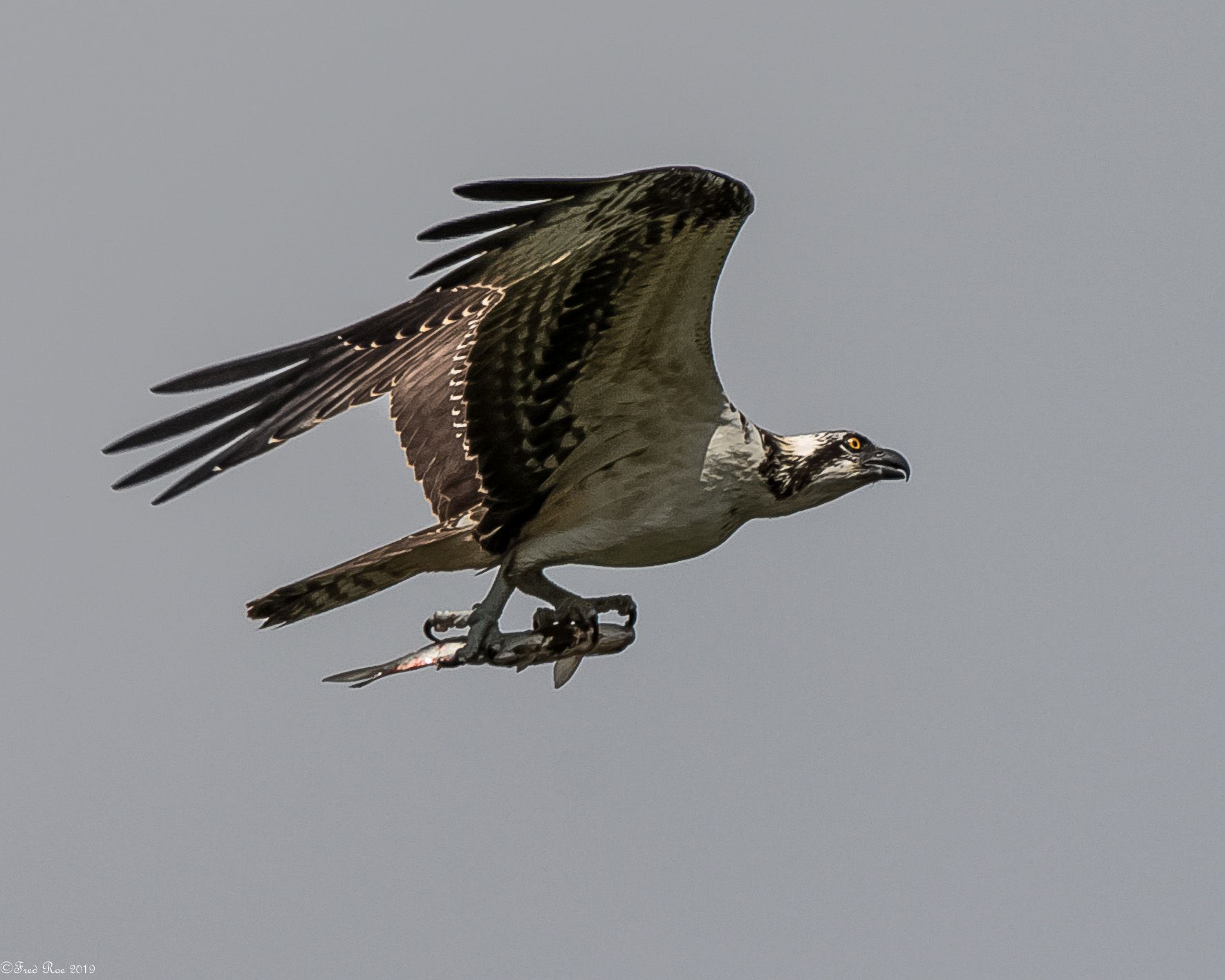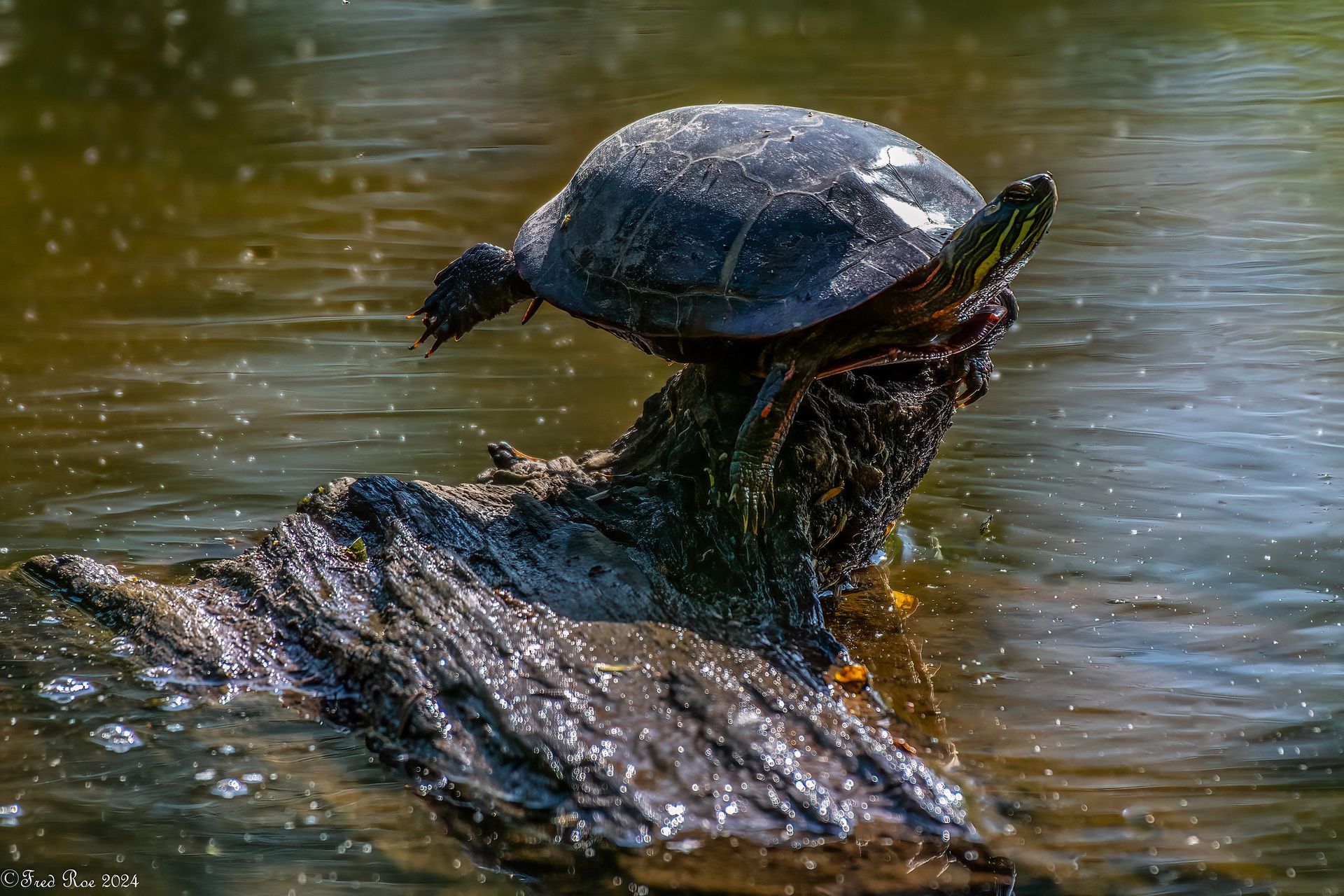The Hidden Value of Fallen Leaves:
Nature's Essential Ecosystem Players

As autumn sets in and leaves begin to blanket the ground, many people view this as a sign to start raking and clearing their yards. But before you reach for the rake, it's worth understanding the crucial role these fallen leaves play in sustaining ecosystems, benefiting everything from insects to birds.
1. Nature’s Compost: Building Healthy Soil
One of the most important roles fallen leaves play in ecosystems is enriching the soil. As leaves decompose, they break down into organic matter, which adds nutrients back into the soil, improving its structure and fertility. This natural compost helps plants thrive, increases soil moisture retention, and reduces the need for chemical fertilizers. Healthy soil also provides an ideal environment for beneficial microorganisms and fungi that further support plant growth.
2. Shelter for Overwintering Insects
Many insects rely on leaf litter for survival during the colder months. Butterflies, moths, beetles, and other insects use fallen leaves as insulation and camouflage to protect themselves from the harsh winter weather.
- Butterflies and Moths: Species like the swallowtail butterfly and Luna moth spend the winter as chrysalises, often attaching themselves to dead leaves and plant stems. The leaf litter helps them blend in with their surroundings, hiding from predators and cold temperatures.
- Bees: Certain solitary bees burrow into dead plant material or fallen leaves to create their winter nests. These pollinators are essential for the health of ecosystems and preserving their winter habitat ensures they can emerge ready to pollinate flowers come spring.
- Woolly Bear Caterpillars: Famous for predicting winter weather, woolly bear caterpillars overwinter in leaf piles. They produce a natural antifreeze that helps them survive freezing temperatures, but they still need the extra protection that fallen leaves provide.
3. A Winter Buffet for Birds
Fallen leaves create a buffet of insects that many bird species depend on for food. In the winter, when food sources are scarce, ground-foraging birds like sparrows, robins, and hermit thrushes search through leaf litter to find hidden insects, larvae, and seeds.
- Nestlings and Caterpillars: During the nesting season, birds like chickadees and warblers rely on caterpillars to feed their young. In fact, caterpillars are one of the most nutrient-dense foods for growing baby birds. By leaving fallen leaves intact, you support a healthy population of caterpillars that birds will later feed on.
- Insect-Eating Birds: Thrushes and wrens are among the birds that hunt for insects within the decomposing leaves. By providing a habitat for these insects, you’re also offering a reliable food source for insect-eating birds throughout the year.
4. Supporting a Healthy Ecosystem Cycle
The leaf litter layer acts as a protective cover that reduces soil erosion, retains moisture, and regulates soil temperature. This protective mulch also prevents weeds from taking over and ensures the soil remains nutrient-rich. As a result, trees, shrubs, and plants in the ecosystem benefit from these natural processes.
Additionally, fallen leaves contribute to the larger food web by supporting decomposers like earthworms, fungi, and bacteria. These organisms break down leaves into humus, enriching the soil with essential nutrients like nitrogen and carbon, which plants absorb. This continuous cycle of decomposition, nutrient replenishment, and plant growth is essential for a thriving ecosystem.
5. How to Be Leaf-Friendly
To help support the wildlife that depends on fallen leaves, here are a few simple things you can do:
- Leave the Leaves: Instead of raking or bagging your leaves, let them remain where they fall, especially in garden beds or wooded areas.
- Create Leaf Piles: If you need to tidy up certain areas, rake leaves into small piles in garden corners or under trees. These piles create mini-habitats for insects and other wildlife.
- Use Leaves as Mulch: Shredded leaves make excellent mulch for garden beds. They provide protection for plants and a natural habitat for insects while helping your garden thrive.
- Delay Cleanup: Try postponing garden cleanup until spring. This allows insects that rely on leaves for winter shelter to safely emerge once the weather warms.
Fallen leaves are far more than just yard waste—they are an essential part of a thriving ecosystem. By leaving leaves in place, you’re helping to support insects, birds, and other wildlife through the winter months and contributing to a healthier environment. This fall, let nature do its work, and enjoy the vibrant benefits that a leaf-friendly yard can bring to your local ecosystem.
#LeaveTheLeaves #WildlifeHabitat #EcoFriendlyGardening #HealthyEcosystems #SupportPollinators




